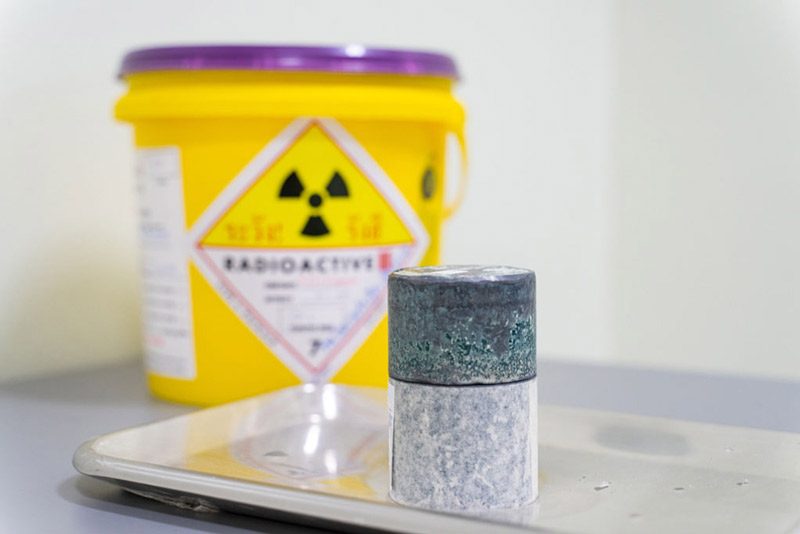Recent Heart Health Research Findings

Anne
2025-04-23 03:03
17
0
본문
Advances in nuclear imaging have led to the development of nuclear heart scans also known as myocardial perfusion scans, which offer a crucial diagnostic tool in assessing heart health. Recent research has further improved the technology, making it more accurate and اسکن هسته ای beneficial for patients with heart issues.
One significant advancement in nuclear heart scans is the adoption of pet imaging technology, which has significantly improved the resolution of images obtained from these scans. Positron Emission Tomography (PET) imaging technology offers higher resolution and greater sensitivity compared to the earlier generation SPECT (Single Photon Emission Computed Tomography) systems. This upgraded technology enables doctors to acquire high-quality images that help diagnose heart conditions more accurately, monitor the effectiveness of treatments, and track the progression of disease over time.
Researchers also continue to find new ways to make heart scans safer and less stressful for patients. One notable area of research is in reducing the amount of radioactive isotopes used during the scan. Many current versions of the scan use single-photon emission computed tomography (SPECT) combined with Computed Tomography (CT) scan to reduce the radioactive dose to patients and provide even higher resolution images compared to traditional SPECT alone.
Furthermore, advancements in nuclear heart scan technology have improved diagnosis accuracy for patients with complex conditions such as coronary artery disease, graft function after heart transplant, and myocardial viability in patients with severe heart failure. Medical teams rely heavily on nuclear heart scan data to inform their treatment strategies and make data-driven decisions regarding patient care.
In conclusion, ongoing research and technological advancements in nuclear heart scans continue to improve the diagnostic capabilities of this critical imaging tool. From improved image quality to reduced radiation exposure, the future of nuclear heart scans holds significant promise, allowing patients and medical teams to gain valuable insights into heart health and more accurately informed treatment options.

One significant advancement in nuclear heart scans is the adoption of pet imaging technology, which has significantly improved the resolution of images obtained from these scans. Positron Emission Tomography (PET) imaging technology offers higher resolution and greater sensitivity compared to the earlier generation SPECT (Single Photon Emission Computed Tomography) systems. This upgraded technology enables doctors to acquire high-quality images that help diagnose heart conditions more accurately, monitor the effectiveness of treatments, and track the progression of disease over time.
Researchers also continue to find new ways to make heart scans safer and less stressful for patients. One notable area of research is in reducing the amount of radioactive isotopes used during the scan. Many current versions of the scan use single-photon emission computed tomography (SPECT) combined with Computed Tomography (CT) scan to reduce the radioactive dose to patients and provide even higher resolution images compared to traditional SPECT alone.
Furthermore, advancements in nuclear heart scan technology have improved diagnosis accuracy for patients with complex conditions such as coronary artery disease, graft function after heart transplant, and myocardial viability in patients with severe heart failure. Medical teams rely heavily on nuclear heart scan data to inform their treatment strategies and make data-driven decisions regarding patient care.
In conclusion, ongoing research and technological advancements in nuclear heart scans continue to improve the diagnostic capabilities of this critical imaging tool. From improved image quality to reduced radiation exposure, the future of nuclear heart scans holds significant promise, allowing patients and medical teams to gain valuable insights into heart health and more accurately informed treatment options.

댓글목록0
댓글 포인트 안내